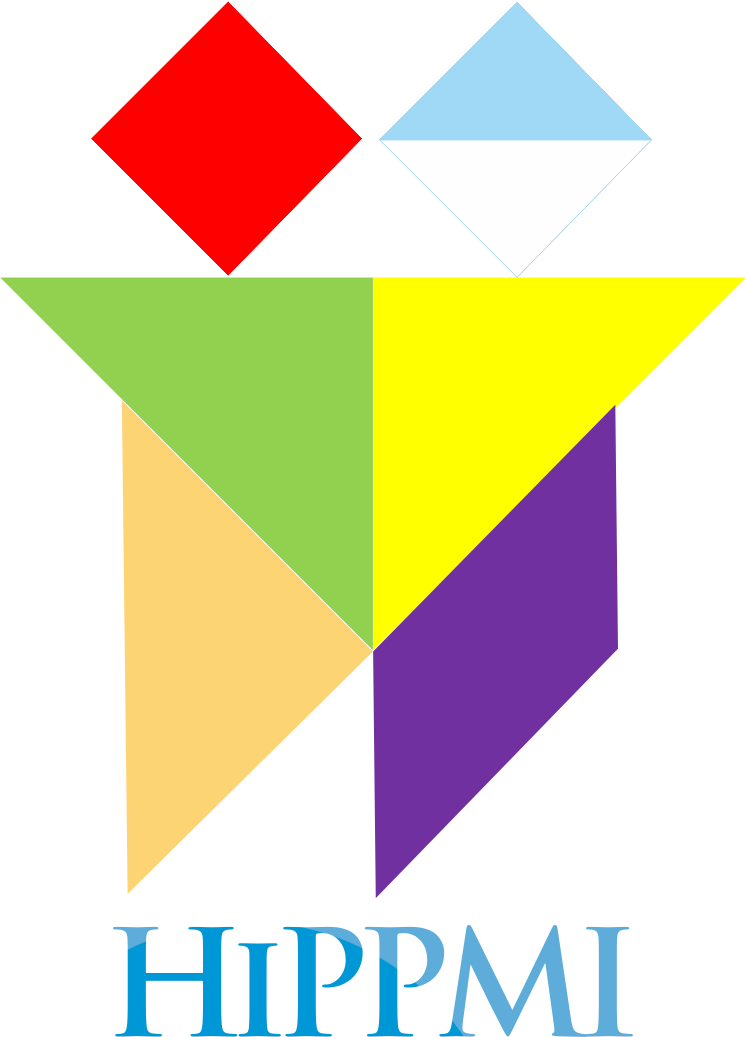Exploring the Interplay of Mathematical Perception, Learning Independence, and Parental Attention in Mathematics Learning Achievement
Abstract
Keywords
Full Text:
PDFReferences
Adarkwah, M. A. (2021). “I’m not against online teaching, but what about us?”: ICT in Ghana post Covid-19. Education and Information Technologies, 26(2), 1665–1685. https://doi.org/10.1007/s10639-020-10331-z
Al-Adwan, A. S., Nofal, M., Akram, H., Albelbisi, N. A., & Al-Okaily, M. (2022). Towards a sustainable adoption of e-learning systems: The role of self-directed learning. Journal of Information Technology Education: Research, 21, 245-267. https://doi.org/10.28945/4980
Alotaibi, K., & Alanazi, S. (2021). The influences of conceptions of mathematics and self‐directed learning skills on university students’ achievement in mathematics. European Journal of Education, 56(1), 117–132. https://doi.org/10.1111/ejed.12428
Anaya, L., Stafford, F., & Zamarro, G. (2022). Gender gaps in math performance, perceived mathematical ability and college STEM education: The role of parental occupation. Education Economics, 30(2), 113–128. https://doi.org/10.1080/09645292.2021.1974344
Anthony, C. J., & Ogg, J. (2019). Parent involvement, approaches to learning, and student achievement: Examining longitudinal mediation. School Psychology, 34(4), 376. https://psycnet.apa.org/doi/10.1037/spq0000282
Anthony Jnr, B., & Noel, S. (2021). Examining the adoption of emergency remote teaching and virtual learning during and after covid-19 pandemic. International Journal of Educational Management, 35(6), 1136–1150. https://doi.org/10.1108/IJEM-08-2020-0370
Chung, G., Phillips, J., Jensen, T. M., & Lanier, P. (2020). Parental involvement and adolescents’ academic achievement: Latent profiles of mother and father warmth as a moderating influence. Family Process, 59(2), 772–788. https://doi.org/10.1111/famp.12450
Ghazali, R., Djafar, T. B., & Daud, S. (2021). Policies and social advantages toward a new normal: A case study of handling the covid-19 pandemic in Indonesia. International Journal of Organizational Diversity, 21(1). https://doi.org/10.18848/2328-6261/CGP/v21i01/71-87
Hwang, Y., & Oh, J. (2021). The relationship between self-directed learning and problem-solving ability: The mediating role of academic self-efficacy and self-regulated learning among nursing students. International Journal of Environmental Research and Public Health, 18(4), 1738. https://doi.org/10.3390/ijerph18041738
Koç, S. E. (2019). The relationship between emotional intelligence, self-directed learning readiness and achievement. International Online Journal of Education and Teaching, 6(3), 672–688.
Kunwar, R. (2020). Mathematics phobia: Causes, symptoms and ways to overcome. International Journal of Creative Research Thoughts, 8(8), 818–822.
Kusumaningrum, B., Kuncoro, K. S., & Arigiyati, T. A. (2020). Pendampingan orangtua dalam pembelajaran daring di sekolah dasar: Evaluasi pembelajaran daring selama masa pandemi covid-19. INVENTA: Jurnal Pendidikan Guru Sekolah Dasar, 4(2), 142–150. https://doi.org/10.36456/inventa.4.2.a2607
Kusumaningrum, B., & Wijayanto, Z. (2020). Apakah pembelajaran matematika secara daring efektif?(studi kasus pada pembelajaran selama masa pandemi covid-19. Kreano, Jurnal Matematika Kreatif-Inovatif, 11(2), 139–146. https://doi.org/10.15294/kreano.v11i2
Lasfeto, D. (2020). The relationship between self-directed learning and students’ social interaction in online learning environment. Journal of E-Learning and Knowledge Society, 16(2), 34–41. https://doi.org/10.20368/1971-8829/1135078
Lei, S. I., & So, A. S. I. (2021). Online teaching and learning experiences during the covid-19 pandemic–A comparison of teacher and student perceptions. Journal of Hospitality & Tourism Education, 33(3), 148–162. https://doi.org/10.1080/10963758.2021.1907196
Martin, F., & Bolliger, D. U. (2018). Engagement matters: student perceptions on the importance of engagement strategies in the online learning environment. Online Learning, 22(1), 205–222. https://doi.org/10.24059/olj.v22i1.1092
Mavilidi, M. F., Drew, R., Morgan, P. J., Lubans, D. R., Schmidt, M., & Riley, N. (2020). Effects of different types of classroom physical activity breaks on children’s on‐task behaviour, academic achievement and cognition. Acta Paediatrica, 109(1), 158–165. https://doi.org/10.1111/apa.14892
Mentz, E., & Van Zyl, S. (2018). The impact of cooperative learning on self-directed learning abilities in the computer applications technology class. International Journal of Lifelong Education, 37(4), 482–494. https://doi.org/10.1080/02601370.2018.1513426
Molise, H., & Dube, B. (2020). Emergency online teaching in economic and management sciences necessitated by the COVID-19 pandemic: The need for healthy relations in a rural schooling context. International Journal of Learning, Teaching and Educational Research, 19(6), 387–400. https://doi.org/10.26803/ijlter.19.6.23
Mulenga, E. M., & Marbán, J. M. (2020). Is COVID-19 the gateway for digital learning in mathematics education? Contemporary Educational Technology, 12(2), ep269. https://doi.org/10.30935/cedtech/7949
Panaoura, R. (2021). Parental involvement in children’s mathematics learning before and during the period of the COVID-19. Social Education Research, 65–74. https://doi.org/10.37256/ser.212021547
Pascoe, M. C., Hetrick, S. E., & Parker, A. G. (2020). The impact of stress on students in secondary school and higher education. International Journal of Adolescence and Youth, 25(1), 104–112. https://doi.org/10.1080/02673843.2019.1596823
Ribeiro, L. M., Cunha, R. S., Silva, M. C. A. E., Carvalho, M., & Vital, M. L. (2021). Parental involvement during pandemic times: Challenges and opportunities. Education Sciences, 11(6), 302. https://doi.org/10.3390/educsci11060302
Saeid, N., & Eslaminejad, T. (2017). Relationship between student’s self-directed-learning readiness and academic self-efficacy and achievement motivation in students. International Education Studies, 10(1), 225–232.https: doi.org/10.5539/ies.v10n1p225
Şal, S. Y., & Göçen, A. (2022). Teachers’ views on leadership in the new normal. Asian Journal of Distance Education, 17(1). https://doi.org/10.5281/zenodo.5979709
Thomas, V., Muls, J., De Backer, F., & Lombaerts, K. (2020). Middle school student and parent perceptions of parental involvement: Unravelling the associations with school achievement and wellbeing. Educational Studies, 46(4), 404–421. https://doi.org/10.1080/03055698.2019.1590182
Toropova, A., Johansson, S., & Myrberg, E. (2019). The role of teacher characteristics for student achievement in mathematics and student perceptions of instructional quality. Education Inquiry, 10(4), 275–299. https://doi.org/10.1080/20004508.2019.1591844
Zhoc, K. C. H., Chung, T. S. H., & King, R. B. (2018). Emotional intelligence (EI) and self‐directed learning: Examining their relation and contribution to better student learning outcomes in higher education. British Educational Research sJournal, 44(6), 982–1004. https://doi.org/10.1002/berj.3472
DOI: https://doi.org/10.17509/sigmadidaktika.v11i1.59359
Refbacks
- There are currently no refbacks.
e-ISSN: 2987-3894
p-ISSN: 2252-7435
This work is licensed under a Creative Commons Attribution-ShareAlike 4.0 International License.









